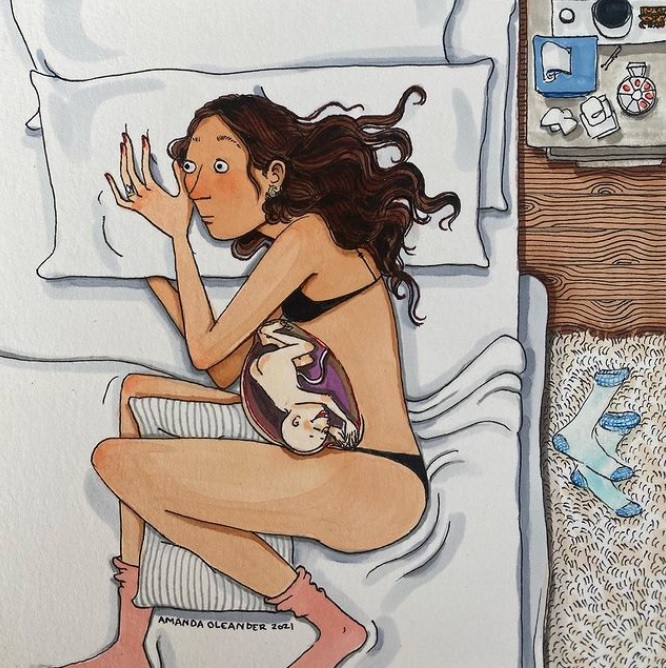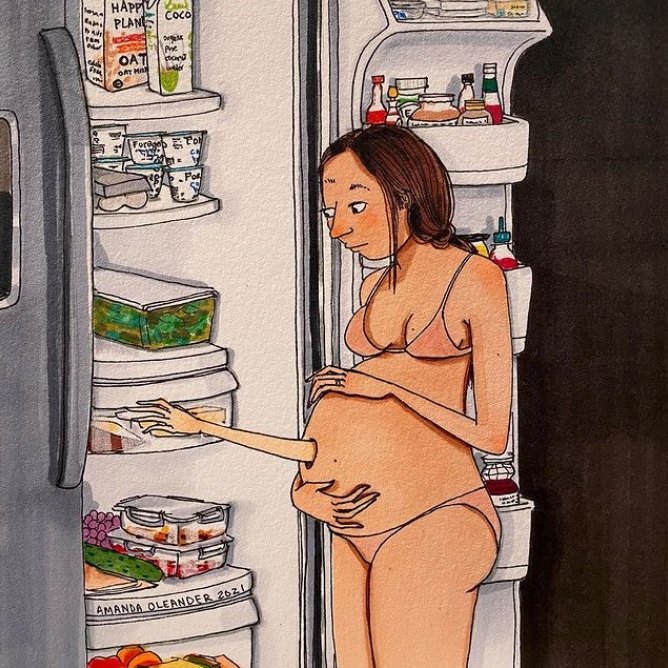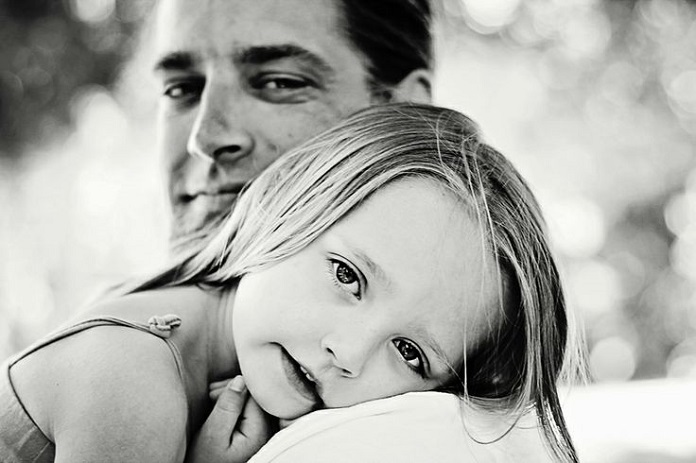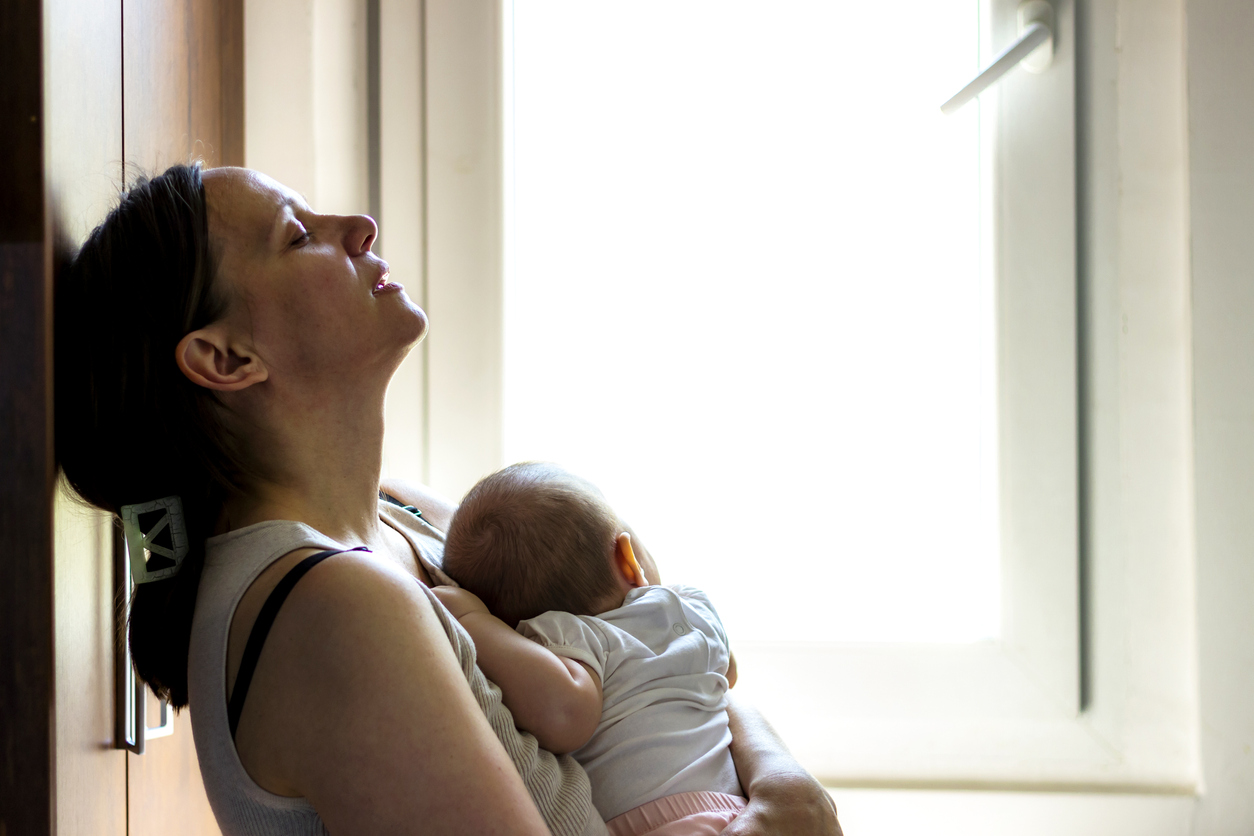Recent study suggests that the more we expect positive behaviours from a partner, the more likely we are to perceive them.
22 June 2023
By Emma Young
How often does your partner behave in ways that foster a good relationship? Do they regularly spend quality time with you, or support your interests and projects — while also actually doing the chores that they said they would do?
According to new work in the Journal of Personality and Social Psychology: Interpersonal Relations and Group Processes, in any given week, your perception of how often they perform these sorts of behaviours is tied more to your expectations than to reality. Dr. Samantha Joel at Western University and her colleagues found that people who expected plenty of positive behaviour from their partner perceived more of it. Those with low expectations, though, failed to recognise when their partner was making more of an effort. This new research has implications for couples, and also for theories of relationship satisfaction.
The research team first created a questionnaire to assess positive day-to-day partner behaviours. It features 18 individual items, which relate to responsiveness (‘Listened attentively when I talked to him/her’, for example) and appreciation, as well as behaviours that promote emotional and also physical intimacy.
For an initial study, the team recruited 517 US-based adults who had been in a relationship for an average of five years. These participants first indicated to what extent they expected their partners to perform all these behaviours during the following week. A week later, they reported on how often their partner had performed them. The researchers found that when participants expected more positive relationship behaviours from their partners, they subsequently perceived that more had been performed.
The team then sought to extend their investigations beyond positive behaviours, using a questionnaire that also included 15 instances of negative relationship behaviours (such as hiding their feelings, or flirting with others) as well as a longer study period. In this study, the 488 participants reported on their expectations and perceptions once per week for four weeks. Again, the team saw that behaviour expectations for a subsequent week were related to the perceptions reported for that week. This was true for both negative and positive behaviours.
Without data on the partners’ actual behaviours, though, it was impossible to know how accurate those perceptions were. So, for a final study, the team recruited both members of 54 couples who had been together for an average of three years. These participants completed three weekly surveys that asked about both their own and their partner’s behaviours over the past week, alongside their expectations of their own and their partner’s behaviours over the subsequent week.
Joel and her colleagues found that people who expected more from their partners subsequently perceived more positive behaviours from them, over and above how many behaviours the partner reported making that week. When the researchers dug further into the data, they found that the people with the biggest mis-perceptions were those with low expectations. These participants failed to perceive differences between weeks in which their partner reported doing very little, or indicated that they had done a lot. “People perceive what they expect to perceive,” the team concluded.
There are some limitations to the study. For example, the participants were asked to report on a list of behaviours that dated back a full week. Though some of us may think our partners remember everything we do, forever, it’s likely that daily reports might have provided more accurate recollections.
The data that the team gathered on behaviour expectations also linked to results on another measure — the quality of the relationship. In each of the studies, the participants provided insights on this using a questionnaire probing their general satisfaction and level of commitment, as well as feelings of gratitude and trust. Analyses showed that the expectations participants’ held for their partners were in part a reflection of their current satisfaction with the relationship as a whole. This isn’t completely unexpected — the authors believe that these findings provide some support for the ‘reflection model’ of relationship quality, a theory which holds that higher expectations reflect, rather than drive, better quality relationships.
The team suggests that for people with low expectations, who may have poorer quality relationships, failing to recognise a patch of relatively good behaviour might serve to protect them. Overlooking rare positive behaviours may allow them to avoid being lulled into a sense of security, and allow them distance from an unsatisfying, or even risky, relationship.
For couples with stronger relationships, however, the results suggest that a blip of under-performing will also have little impact. “Those who have established a reputation for doing a lot for their partner will be seen as performing many positive behaviours in the relationship (and few negative behaviours) regardless of how much they actually do in a given week,” the authors write. Indeed, the work suggests that if one member of a couple does have an ‘off’ week, their partner might not even notice.
Read the paper in full: https://doi.org/10.1037/pspi0000411
SOURCE:
https://www.bps.org.uk/research-digest/expect-better-and-you-shall-perceive-it-suggests-study(accessed 28.6.23)












